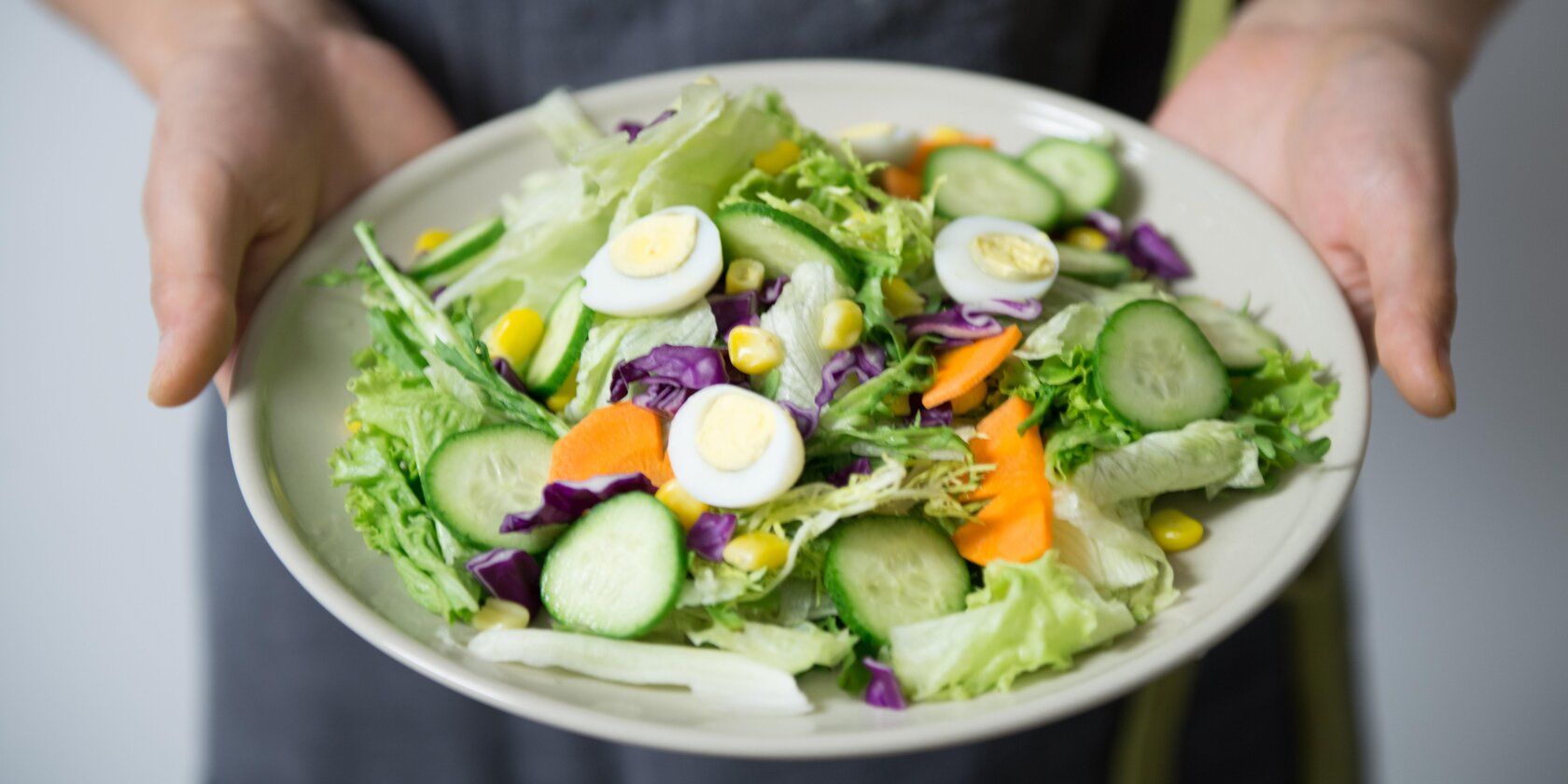Do you really know what's in your favorite ice cream? What about your daily latte? Sure, you can check the nutrition label—but that's not always easy.
First of all, most foods nowadays are highly processed. Some contain hidden sugars and ingredients you can't pronounce. Second, it can be difficult to track your daily calories and macros—especially when you have a busy lifestyle.
Luckily, digital technology makes everything a lot easier. Below are some apps that can tell you what's in your food and take the guesswork out of healthy eating. Let's dive in.
1. Yuka
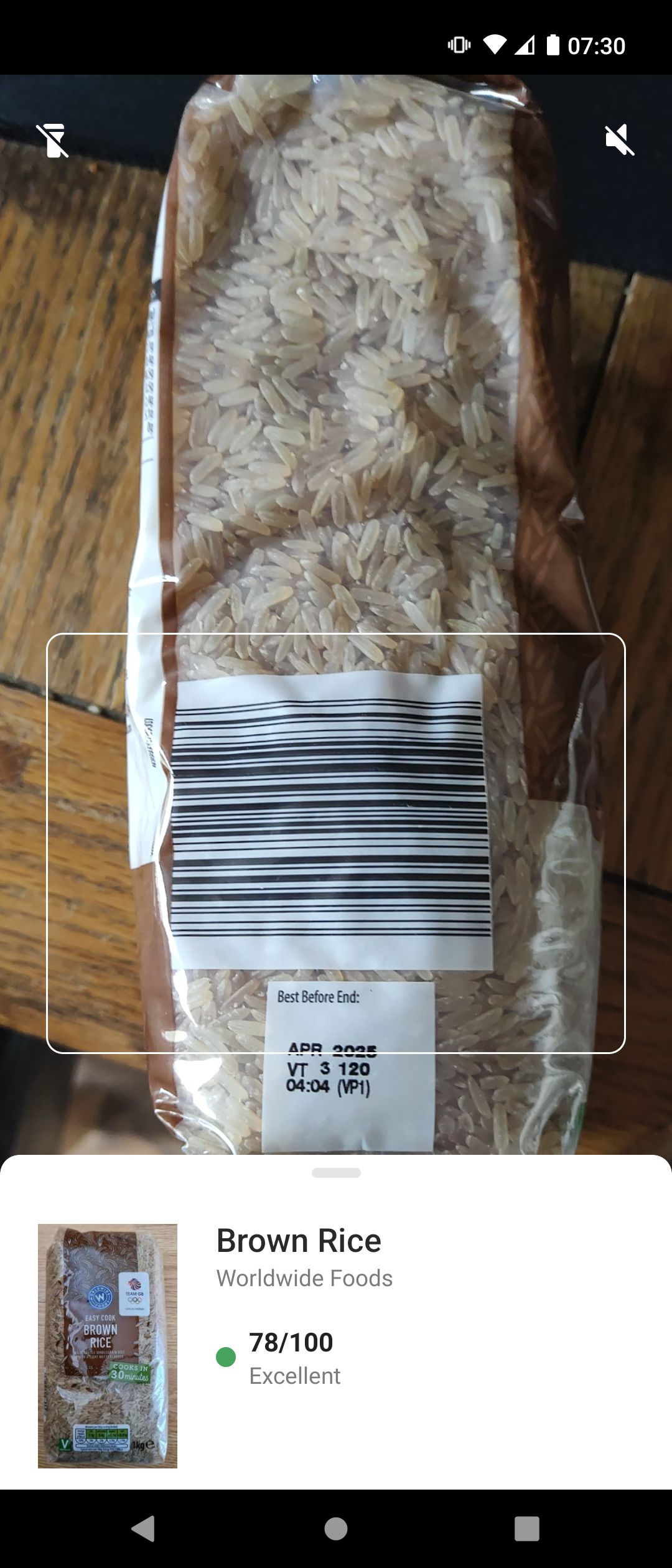
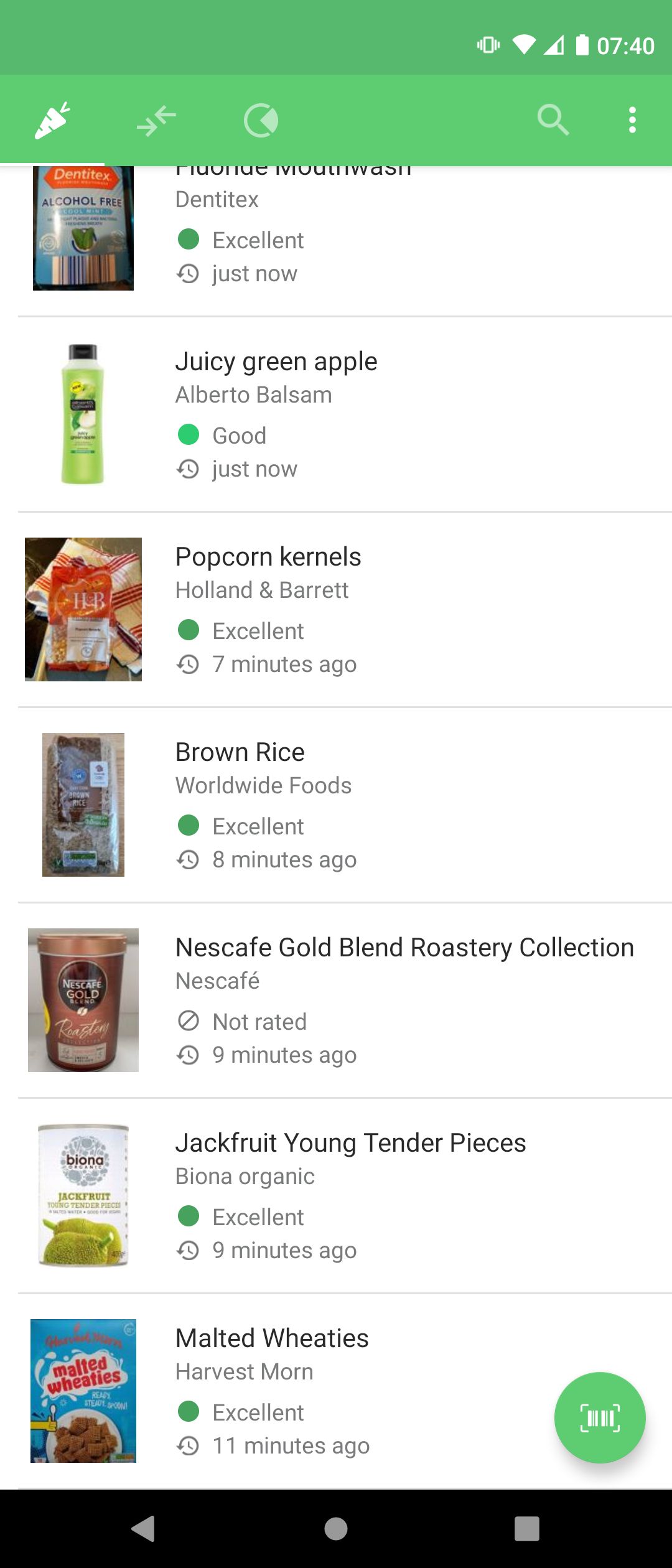
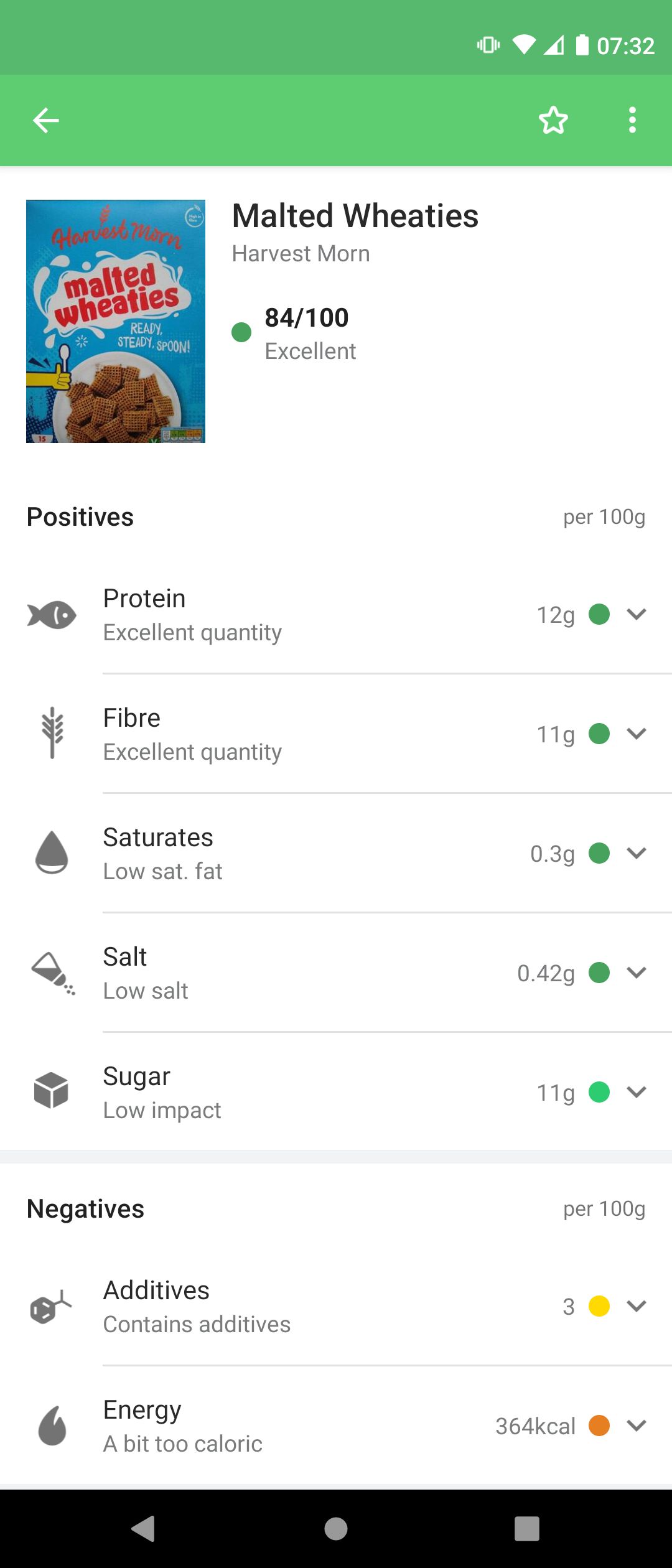
Yuka is one of the best apps that analyze food and cosmetic products. Its database includes over 2.5 million foods and 1.5 million cosmetics, from diet cola and marshmallows to bar soap. More than 1,200 new products are added daily.
To get started, install the food ingredient checker app on your phone or tablet and register for an account. After that, you can simply scan the products you're interested in. The app rates food products based on positive and negative factors, such as their nutritional value, the presence of additives, and their caloric intake.
What's more, Yuka displays healthier alternatives to food or cosmetic products with a bad score. Plus, you can see exactly how much sugar, sodium, protein, carbs, fiber, and calories are in each product. This feature can make clean eating easier and help with meal prep.
There's also the option to sign up for a premium account. The annual membership fee is $15 and gives you access to additional features, such as the ability to scan food products and cosmetics in offline mode.
Premium users can also browse products based on their dietary preferences. For example, Yuka will let you know if any of the products on your shopping list contain gluten or lactose. On top of that, you can browse its database to get the information you need without having to scan individual products.
To learn more about what would make your lifestyle healthier, explore more apps and guides for mindful eating.
Download: Yuka for Android | iOS (Free, subscription available)
2. Foodvisor
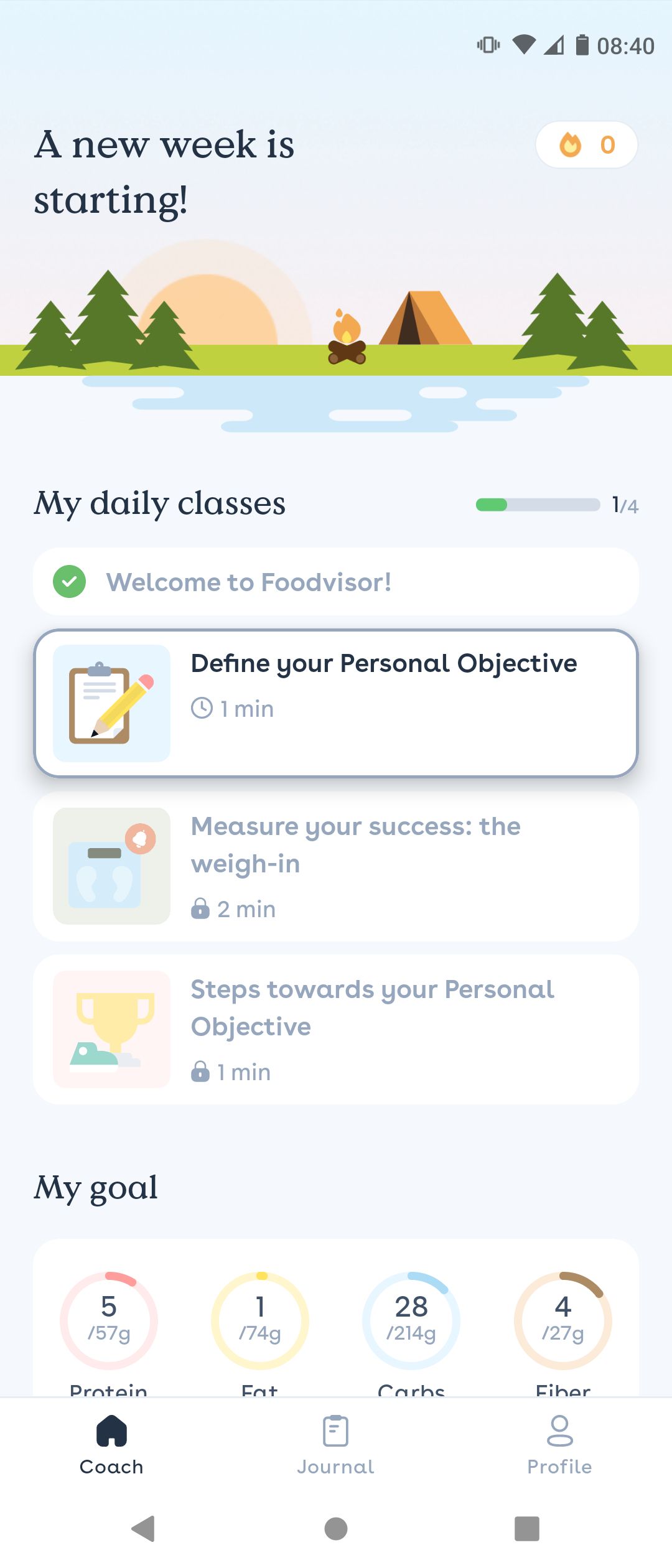
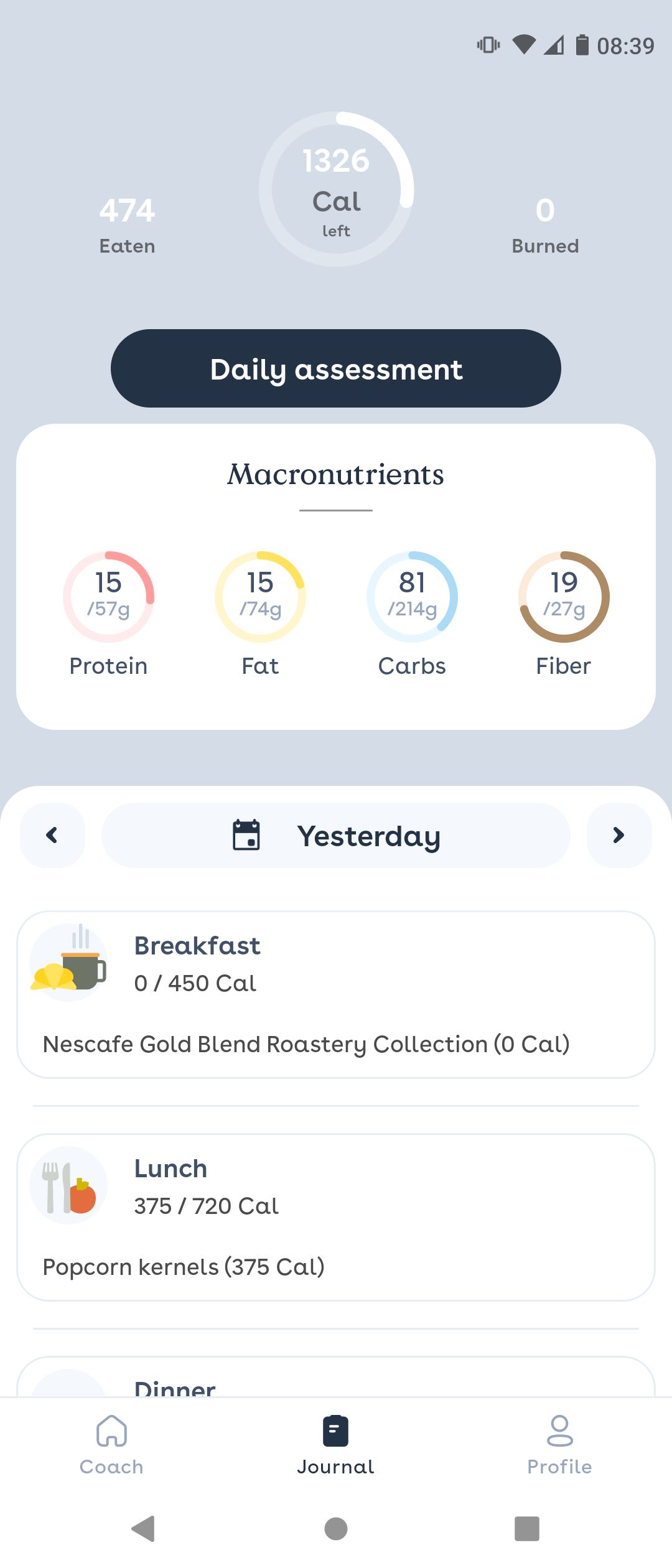
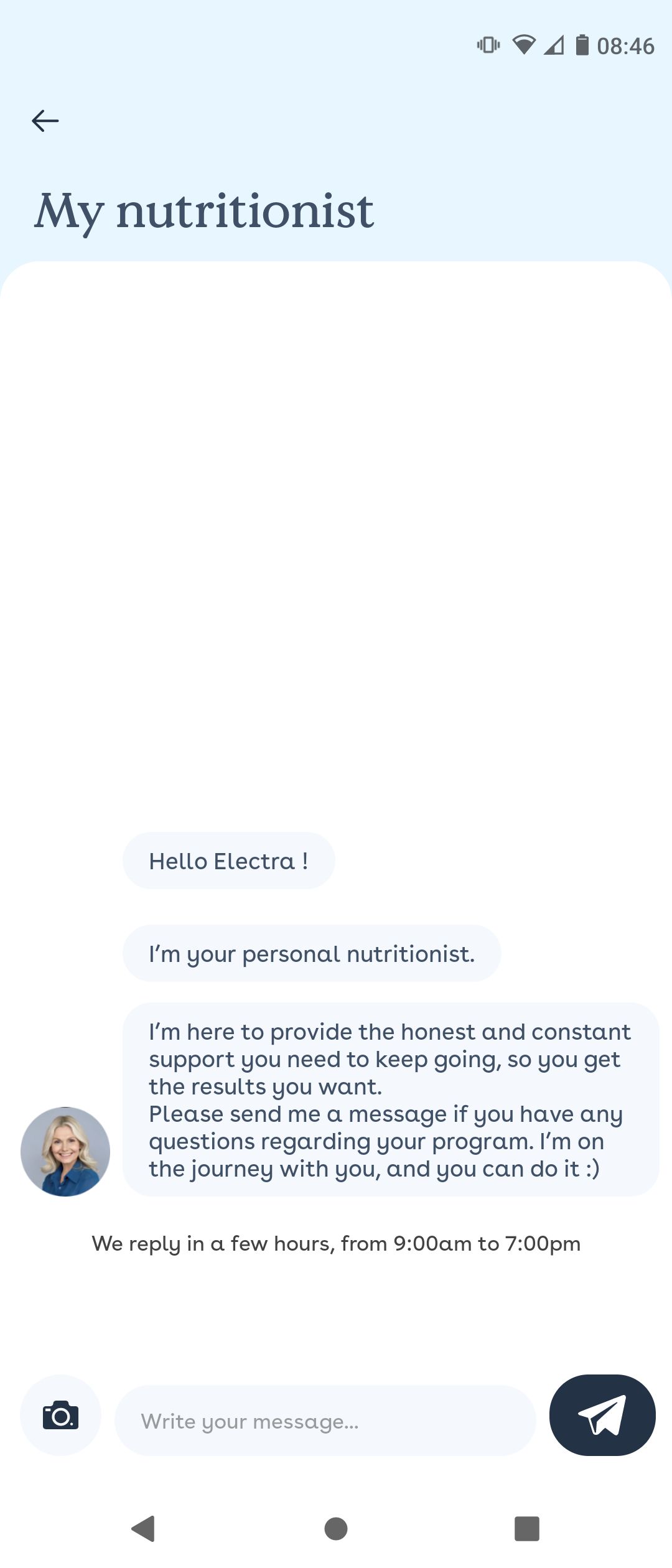
Another great choice is Foodvisor, a nutrition app that scans food and tells you how healthy it is. It uses deep learning to analyze the macros and calories in your food.
Simply take a photo of your meal or snack to see the exact amount of protein, carbs, fats, dietary fiber, calories, and other nutrients. Foodvisor recommends taking photos of cooked meals. However, if you're having a salad or snack, you can choose the "raw" option.
When you register for an account, you'll have to answer several basic questions about your lifestyle and health goals. The app will use this information to determine your ideal calorie intake and macronutrient ratios.
Next, you can use a few features for free, like the ingredient checker for food you take pictures of or enter manually. Foodvisor also lets you trial its premium membership in exchange for a small fee. After that, you pay normally.
Premium members can chat with registered dietitians in real time and enroll in specialized programs designed for fat loss, muscle building, or better health. They also have access to hundreds of recipes and additional features, such as a daily overview of their nutrient intake.
All in all, Foodvisor provides the tools you need to make smarter food choices and stick to your diet. However, no app can make decisions on your behalf. Ultimately, it's up to you to choose health apps that help your fitness, ditch bad habits, and eat for your goals.
Download: Foodvisor for Android | iOS (Free, subscription available)
3. Noom
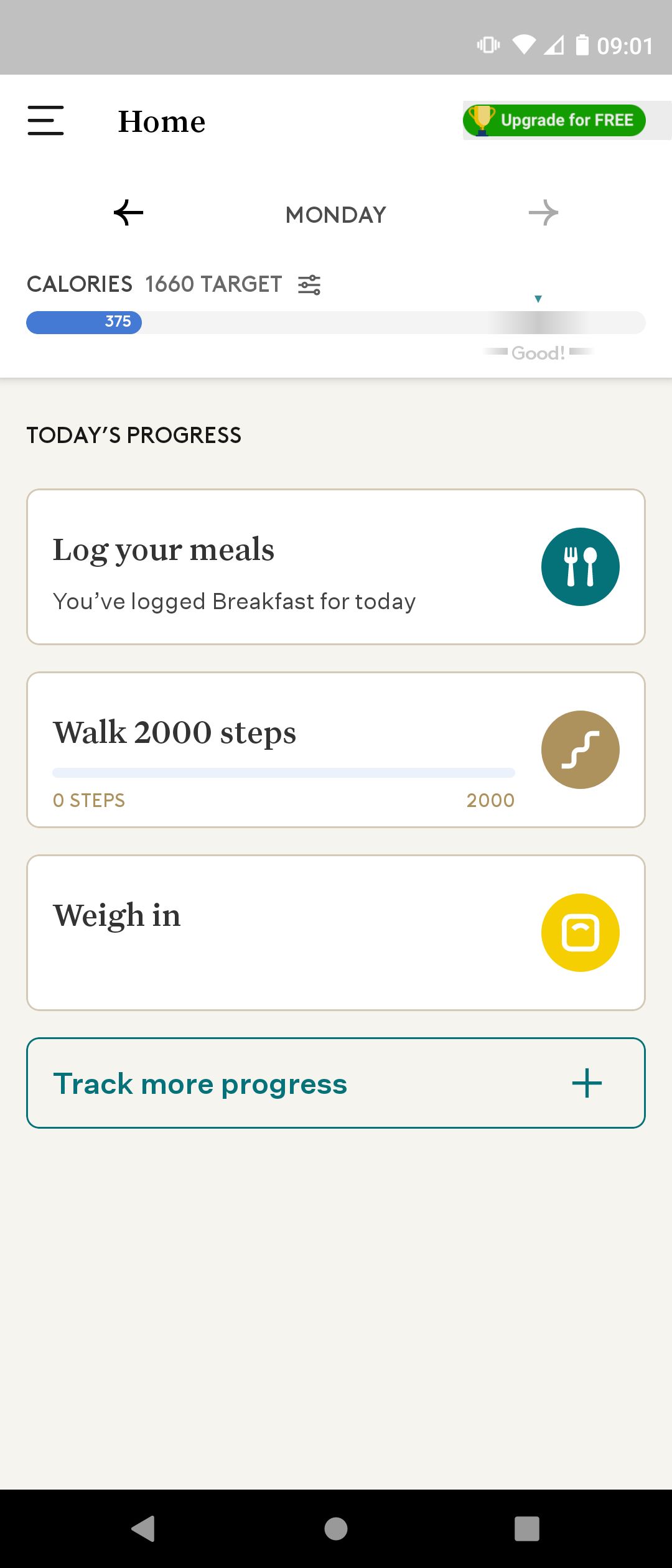
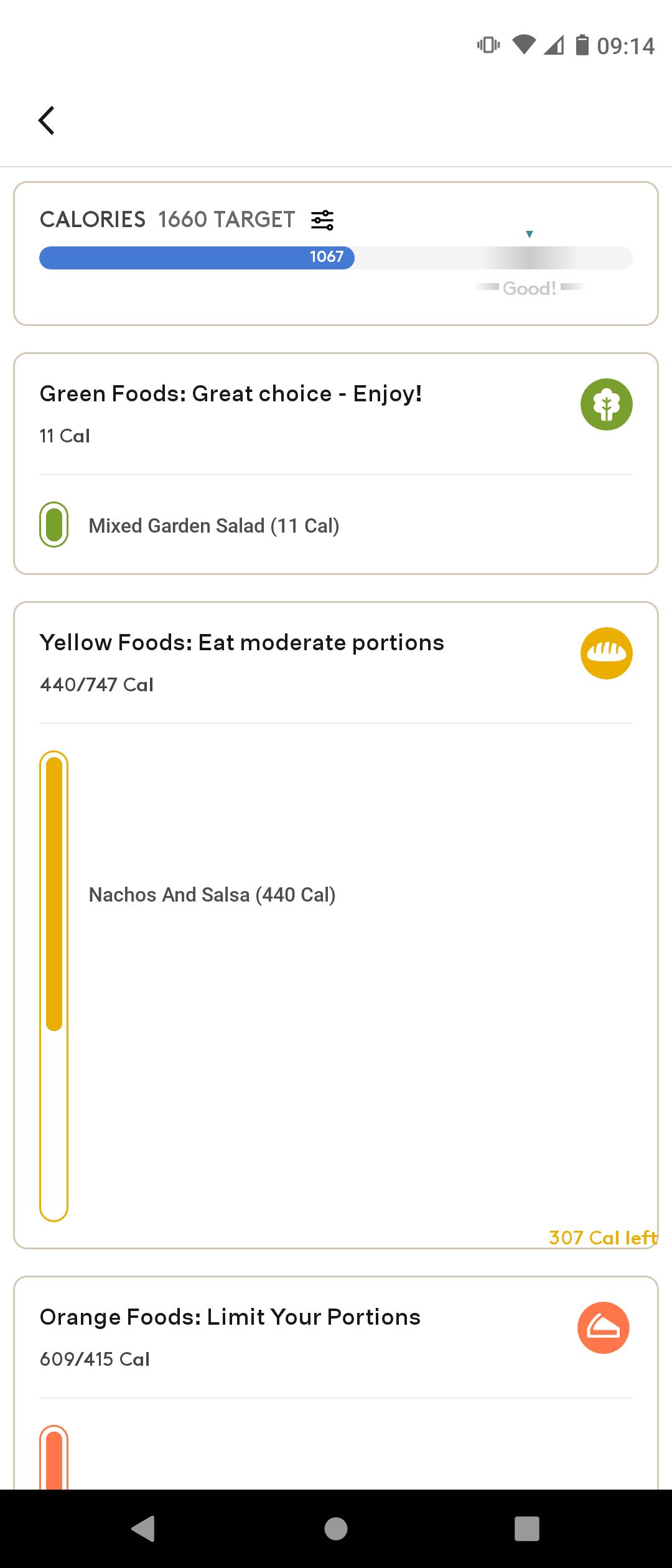
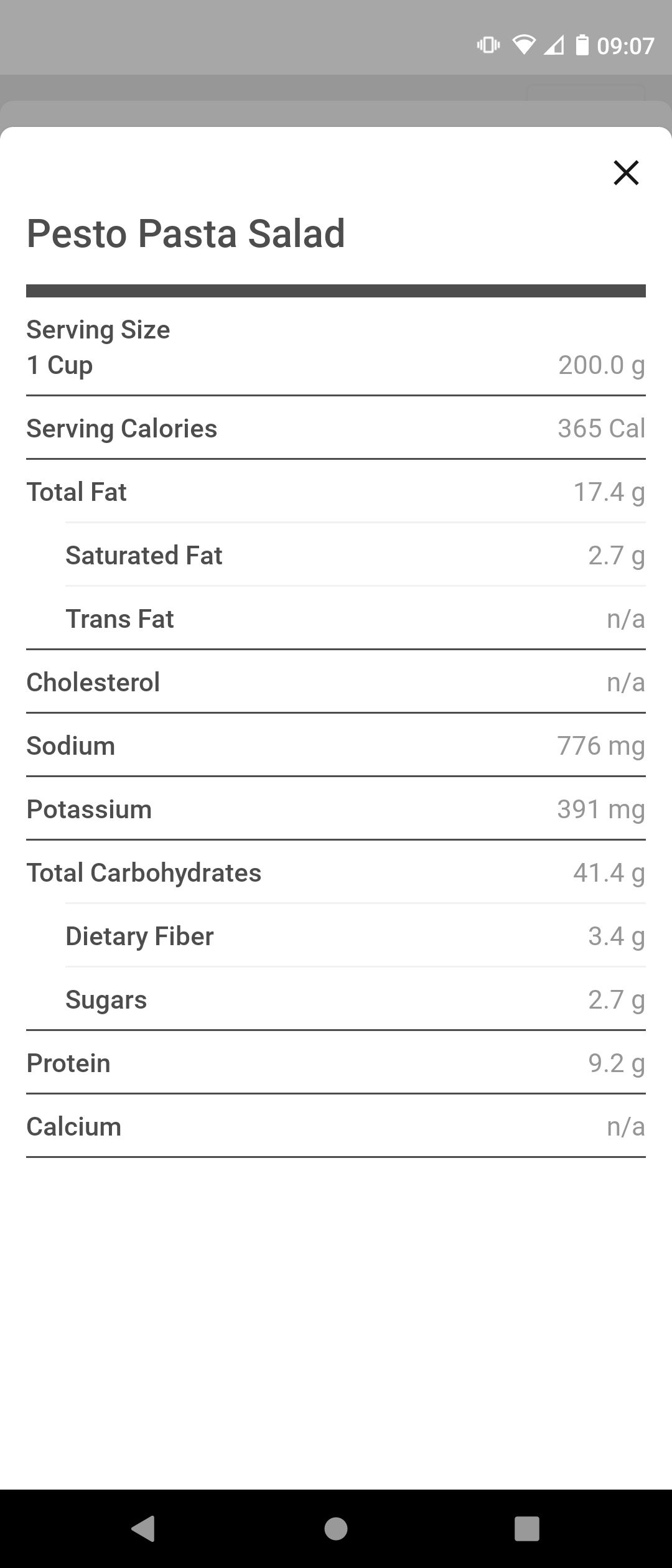
Noom, one of the most popular mobile health and food rating apps, has been around since 2008. Its earlier versions allowed users to track their calories and exercise habits. Today, the app uses a psychology-based approach to help people make lasting lifestyle changes and achieve a healthy weight.
The experts at Noom provide coaching and support so that you can build better habits without losing your motivation. It's like having a health coach, dietitian, and personal trainer all in one place. Your only jobs are to download the app, answer some basic questions, and sign up for an account.
Like other apps on our list, Noom will tell you what's in most foods, but you have to manually log everything you eat. That's quite common for the best food diary apps around, while Noom also logs your exercise and then subtracts the calories burned from your daily calorie budget.
Users can also scan their go-to foods, measure their progress, and count their daily steps. Plus, they have access to healthy recipes and personalized nutrition lessons.
Another aspect to consider is that Noom doesn't label foods as "good" or "bad." Instead, it uses a color code to help users determine which foods may help or prevent them from reaching their health goals.
For example, "green" foods like quinoa, spinach, apples, and low-fat yogurt should account for one-third of your daily energy intake. Legumes, poultry, salmon, avocado, and other "yellow" foods should make up around 45 percent of your daily calories. The rest of your calories may come from "red" foods, such as peanut butter and cookies.
As far as pricing goes, you can either sign up for the free version or pay for a monthly premium membership. Consider trying out the free version, see how it goes, and then decide whether it's worth going premium. You can cancel your Noom subscription in a few simple steps.
Download: Noom for Android | iOS (Free, subscription available)
Other Food Ingredient Checker Apps to Consider
There are options for all tastes and lifestyles, so you might want to check out other nutrition apps and compare their food rating features.
Shopwell, for instance, can tell you what's inside over 400,000 food products just by scanning them. Moreover, it allows users to set up personal alerts for allergens and other potentially harmful ingredients that may be hiding in their food.
If you're looking for a more basic app, try MyFitnessPal. It includes a calorie counter, meal tracker, fitness guides, and lots of tools that tell you if food is healthy.
Alternatively, you can check the database at Open Food Facts to analyze and compare thousands of foods based on their nutritional value. People from around the world contribute regularly and ensure this online ingredient checker has food information to spare.
Choose a Nutrition App That Fits Your Lifestyle
Making smart food choices can be a real challenge, even for those who know a thing or two about nutrition. For example, sugar goes by dozens of names, from glucose and dextrose to fruit juice concentrate. Other potentially harmful ingredients, such as nitrates, are even trickier to spot.
Given these aspects, it makes sense to use the best nutrition apps out there that can scan foods and tell you how healthy they are.
Noom, Foodvisor, and Yuka provide the information you need to improve your diet. Some of these platforms also feature built-in fitness trackers, recipes, custom meal plans, and other helpful tools. You just need to pick one that fits your lifestyle.

